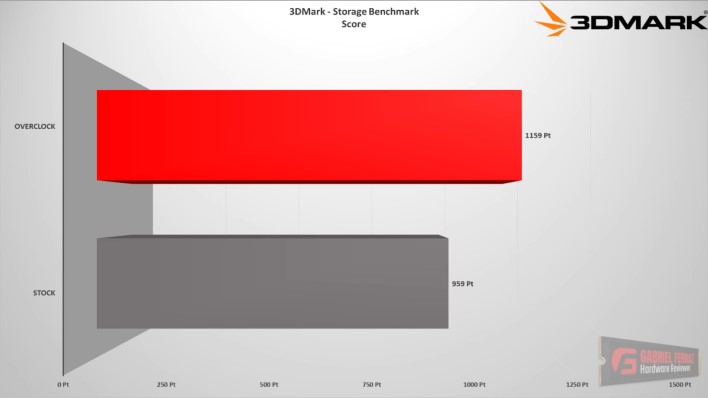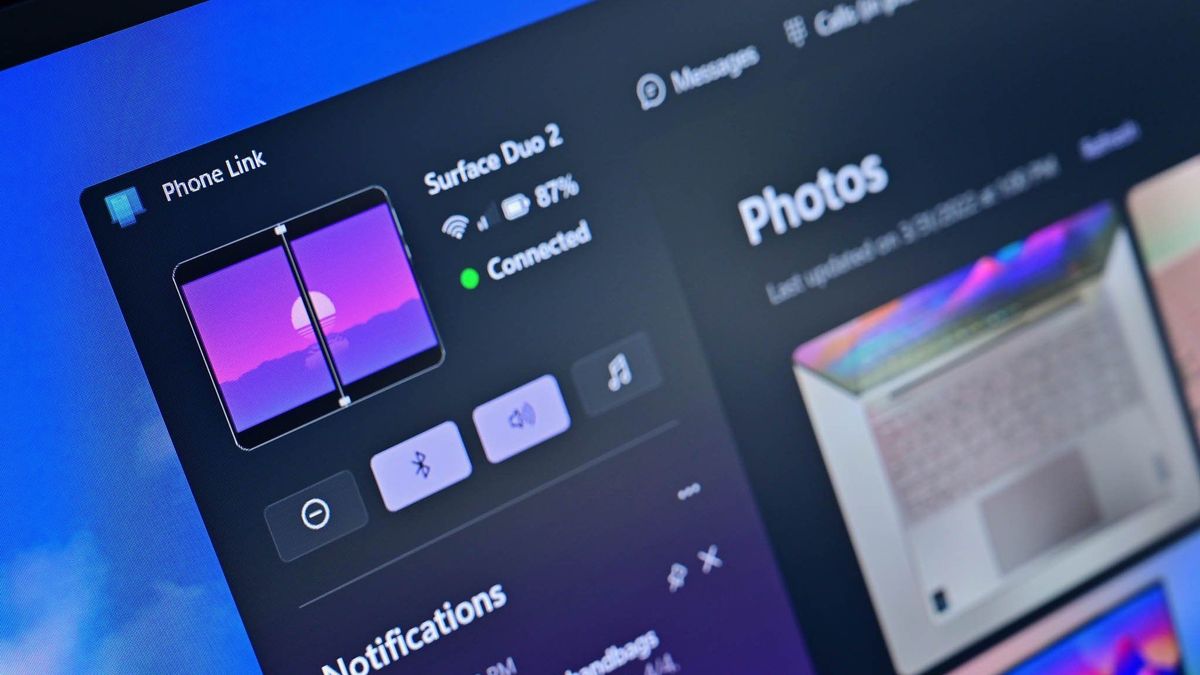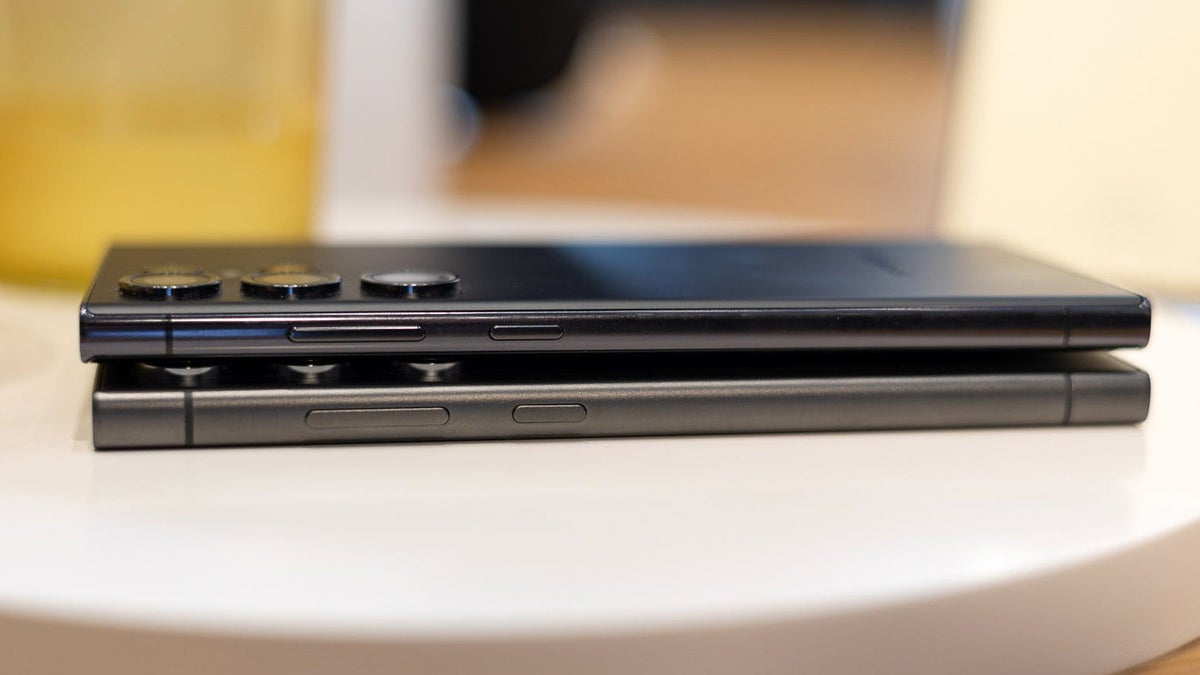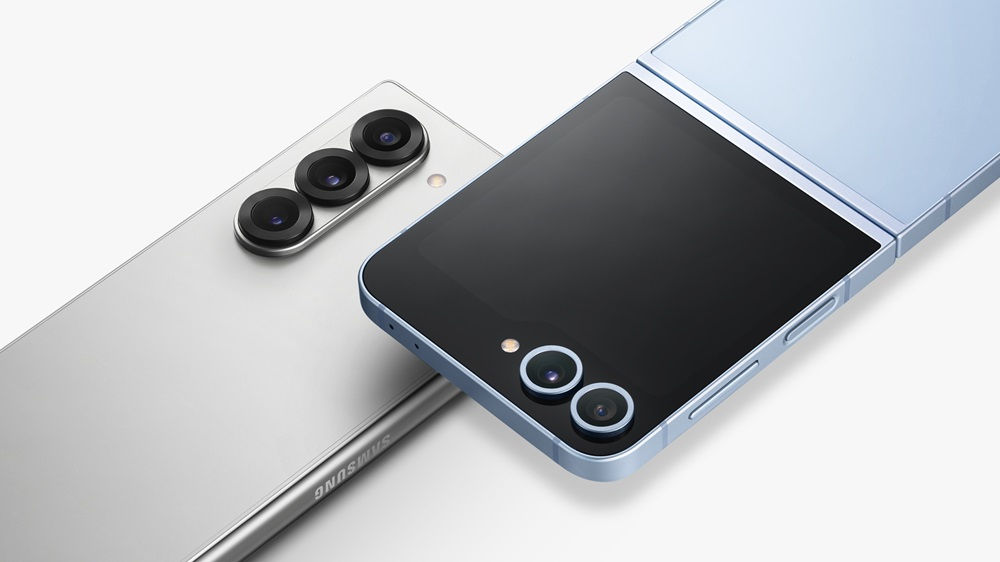From hothardware.com
While it’s possible to overclock PC components like CPUs, GPUs, and even monitors now, one thing you’ve likely never seen overclocked is an SSD. However, tech enthusiast Gabriel Ferraz has recently detailed how he was able to overclock a decade-old SATA III SSD with real performance enhancements. Although this demonstration proves that SSD overclocking is possible and has benefits, it might also prove that it’s probably not going to catch on with today’s SSDs for a few important reasons.
Ferraz used a 240GB RZX Pro SATA III SSD, which features Toshiba NAND flash memory, a Silicon Motion controller, and a SATA III to USB converter, allowing the drive to be plugged into a USB port. In order to load the SSD with new clock speeds, Ferraz modified an existing version of the SSD’s firmware and installed it onto the drive. Ferraz decided not to give a precise step-by-step guide on how he exactly accomplished all of this, as he cautioned SSD overclocking would certainly void any warranties, and could even cause hardware damage and data loss.
The end result was a 100MHz overclock on the controller, bringing it up to 500MHz, and a 207MHz overclock on the NAND flash to put it at 400MHz. Ferraz notes that 400MHz is the normal frequency of this particular flash chip, which is why he was confident that 400MHz was possible. These higher clock speeds didn’t really do much for increasing performance in sequential workloads or latency, but there was a significant boost in random performance, which lead to much higher scores in 3DMark’s storage benchmark and PCMark10’s full system drive benchmark. Temperatures increased to 45 C, which were still below the throttling point of 54 C for this drive.
You might be thinking that these results are great and that we should all start overclocking our SSDs, but SSD overclocking is especially difficult according to Ferraz. Not only are there few tools for overclocking drives, they’re very technical and involve manually entering hexadecimal values. Plus, most SSDs apparently have very little room for further clock speed increases, according to Ferraz, making the process “very problematic” and warning users that they will “likely not succeed.” For those with a hankering for faster SSDs, your best bet is probably to wait for even faster PCIe 5.0 models, which have recently hit 14GB/s.
[ For more curated Computing news, check out the main news page here]
The post Benchmarks Show Overclocking Some SSDs Can Boost Your Storage Performance Significantly first appeared on hothardware.com







/cdn.vox-cdn.com/uploads/chorus_asset/file/25546355/intel_13900k_tomwarren__2_.jpg)






